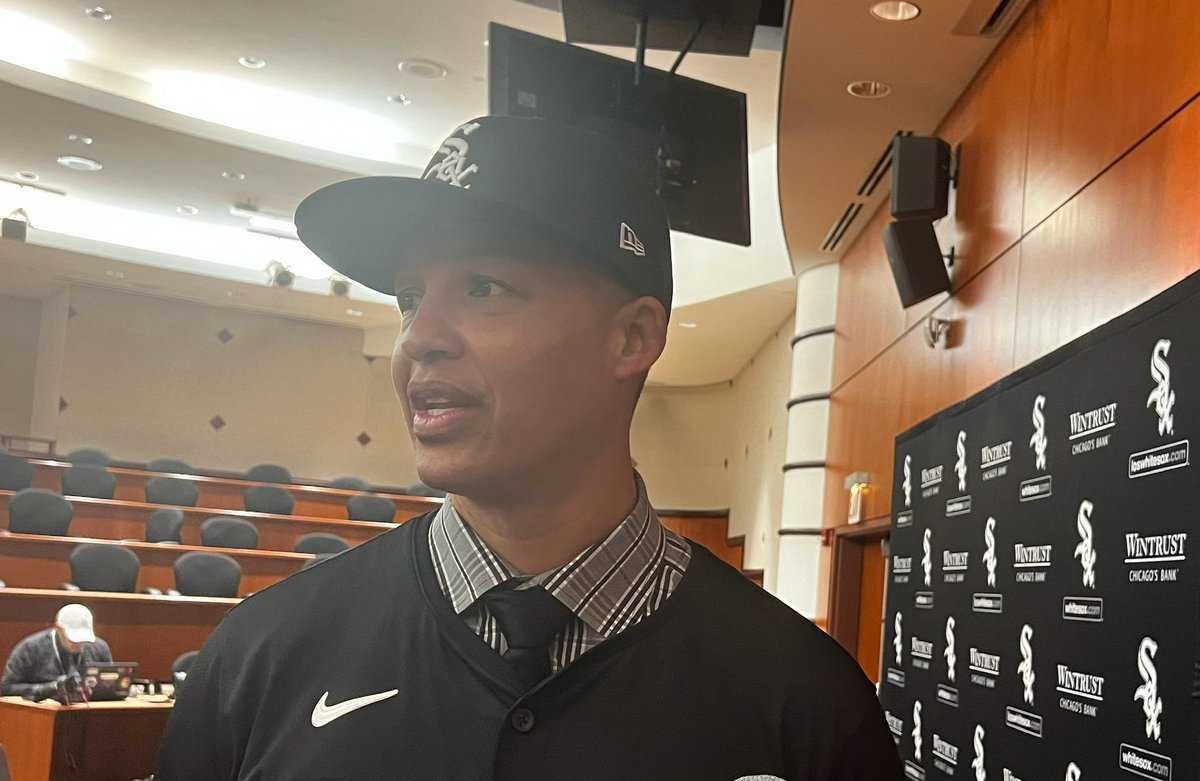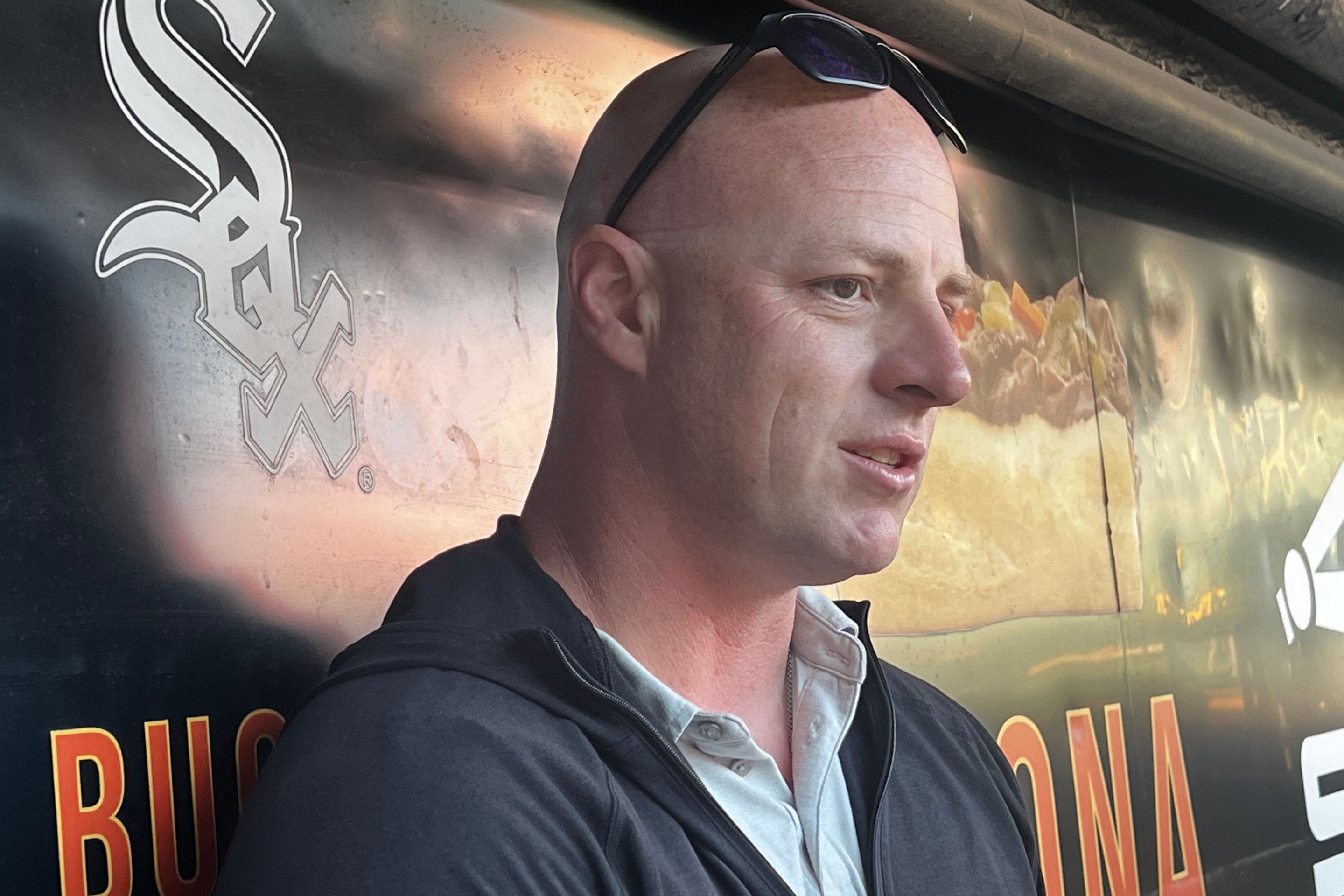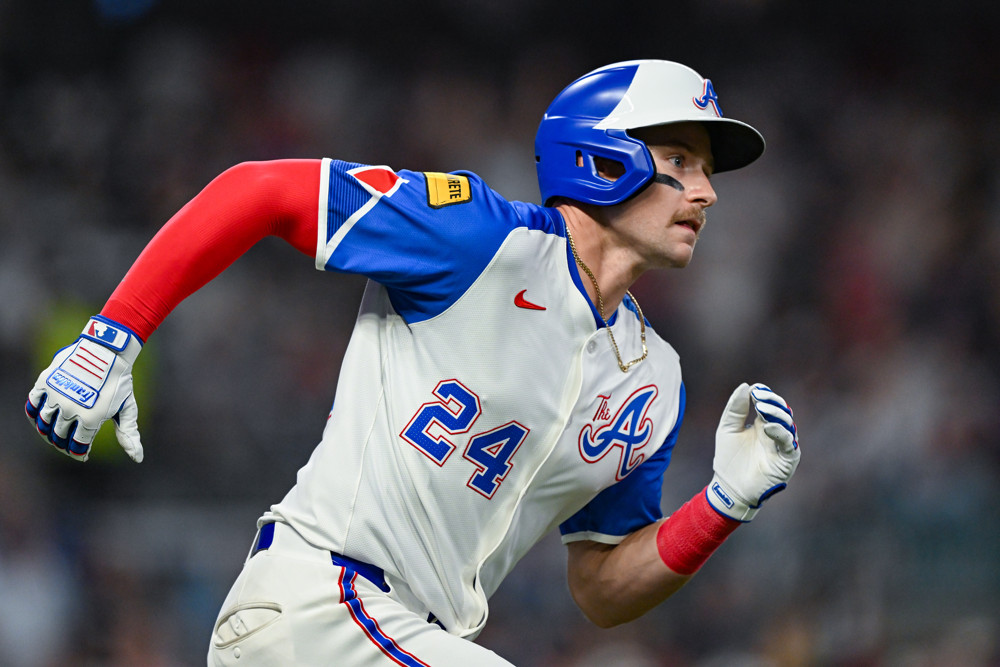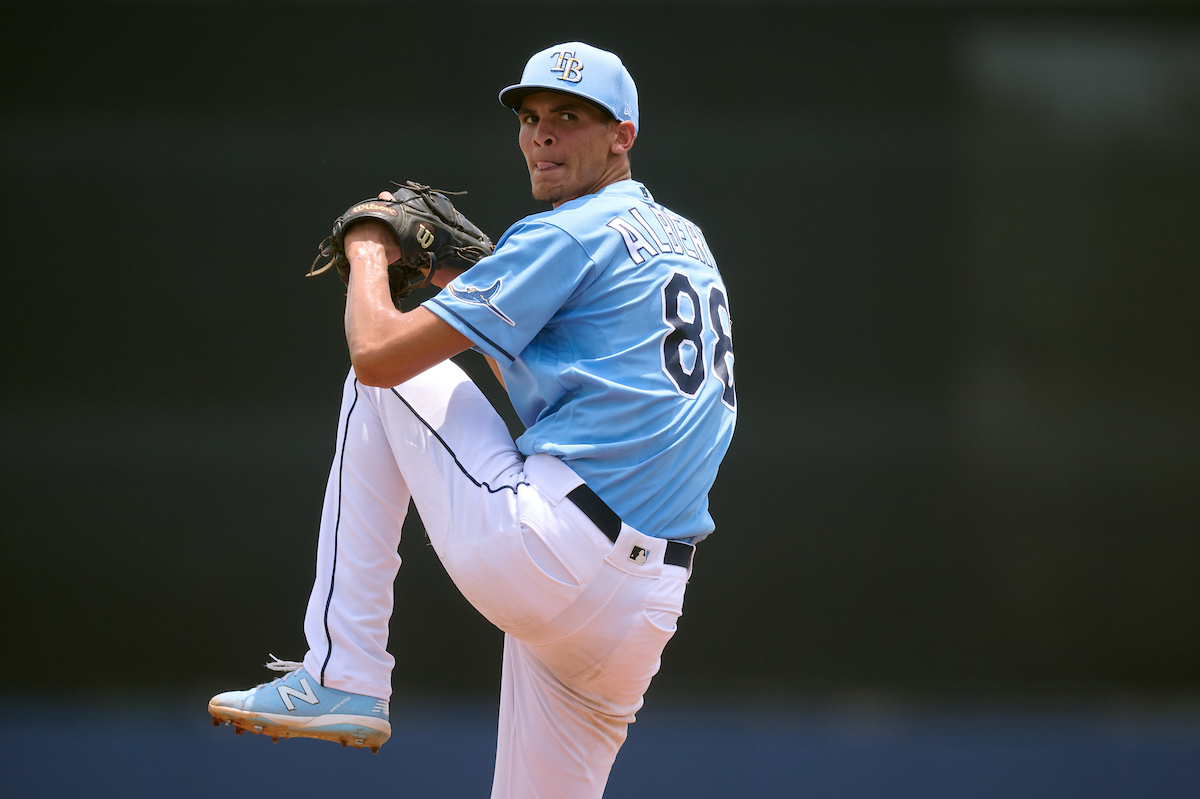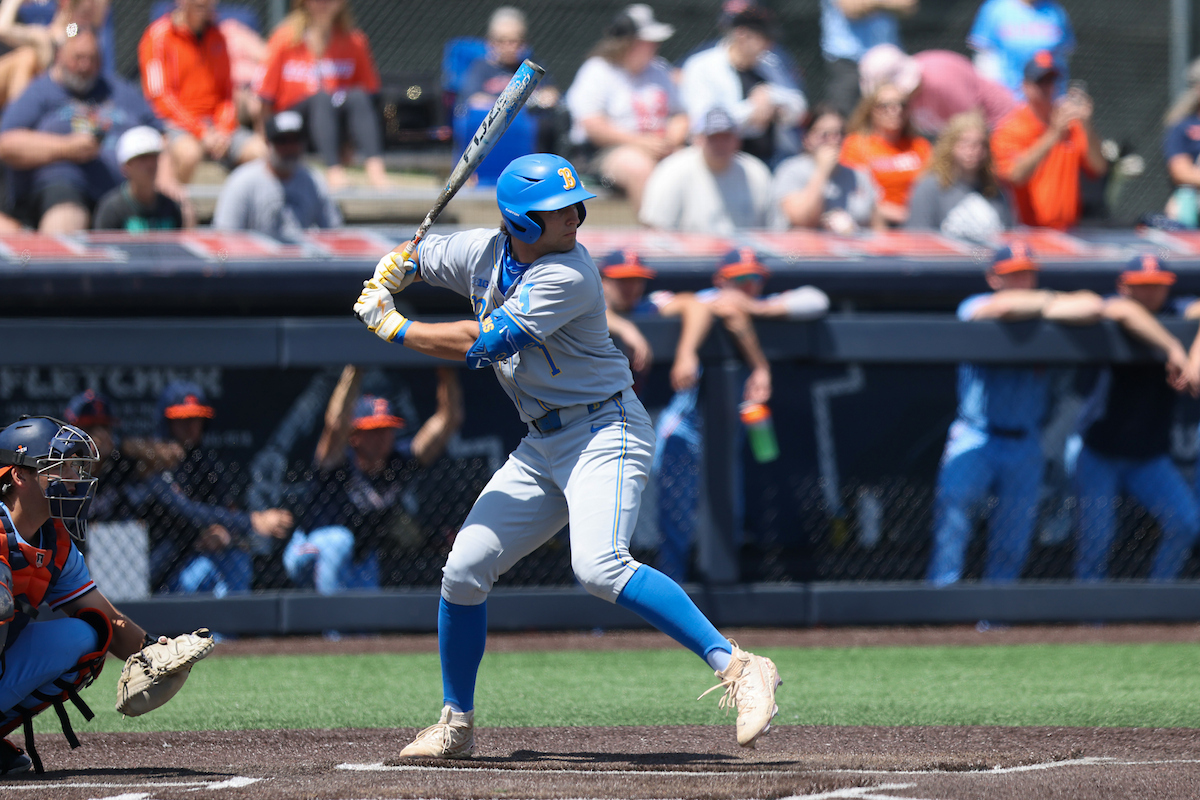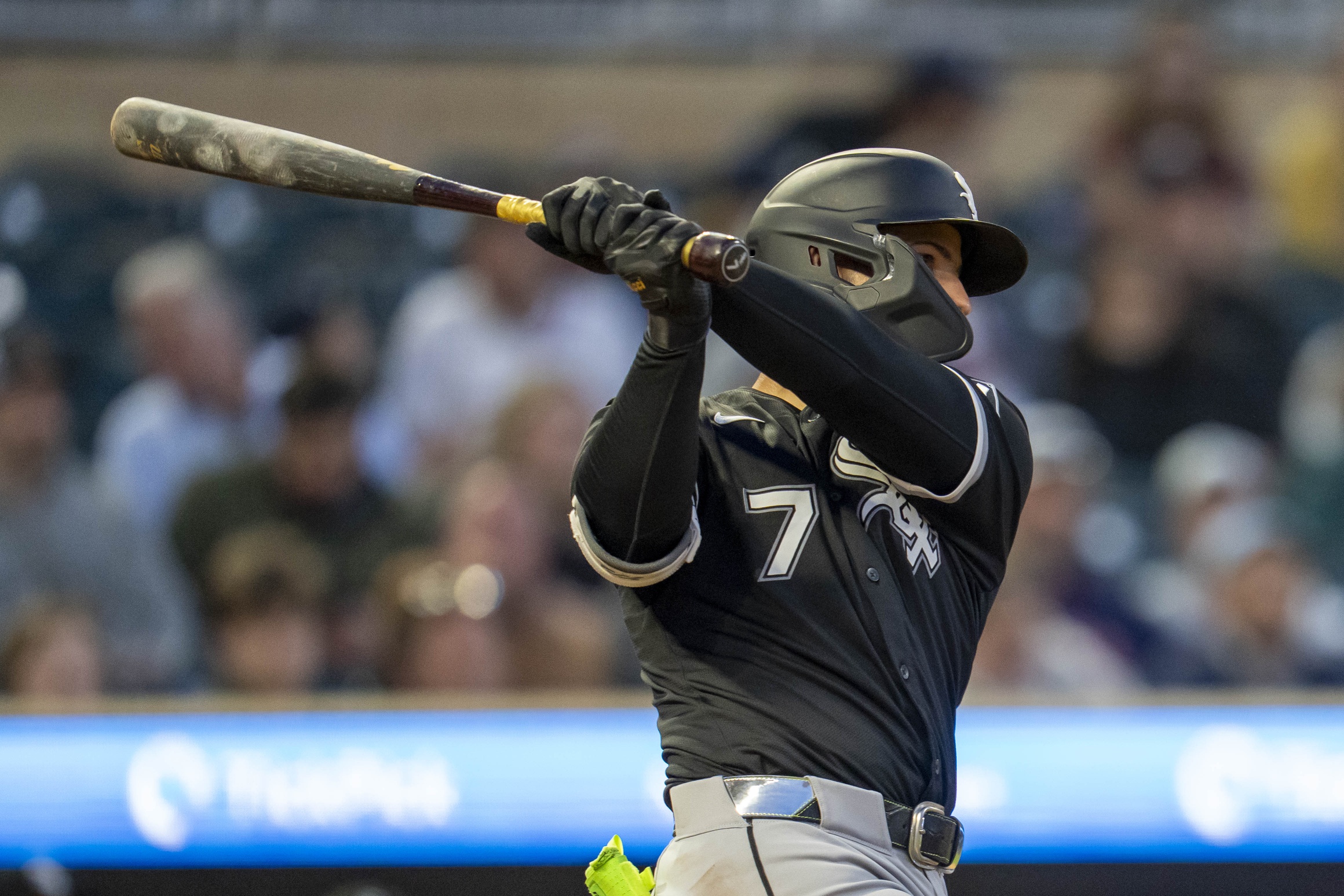Prior to this offseason, Will Venable's managerial prospects were most known for the interviews he had turned down, feeding the notion that only the perfect opportunity would lure him away from Bruce Bochy's coaching staff on the Rangers. Those operating under such assumptions would then be shocked that Venable's first managing job will be taking the helm of a White Sox team that lost an MLB-record 121 games and ended the season having years of organizational rot parsed through by national reporters.
But the manager-hiring process is a world where perception has a touchy relationship with reality.
"There are some [interviews for manager jobs] that I have read that I did, that I haven't," said Venable, who feels he's interviewed for more jobs than he can accurately count. "I know how challenging it is to get one of these jobs and certainly having interviewed for so many in the past, understanding that it's a long shot. That's how I felt coming in, but I also felt for me personally that I was prepared."
Previous iterations of White Sox managerial hires have been scrutinized for how much change they could bring -- be it in approach or simply personnel -- to what was understood to be a perilously insular organization. Hiring for assistants has changed even in the two years since anyone was hoping Pedro Grifol could bring the people who had maximized Salvador Perez and Jorge Soler's power production over from the Royals, accelerating to where pitching and hitting coaches are less tied to individual managers and more to organizations that must martial the resources for them to implement their plans. Since Venable was among the first round of White Sox managerial interviews before the 2023 season, there's a parallel universe where he would have been looked at similarly.
But with Chris Getz already making it his stated mission to update the organization with a slate of external hires across baseball operations, his lauding of Venable is less akin to hoping the new sheriff can shake up the dusty old town, and closer to finding someone who is fit to head up a team that will spend the winter talking up its research and development department, rather than signing marquee free agents.
"One of the things that stood out for Will is for one, his ability to understand objective information," Getz said. "Mixing that with the nuance of the game and the nuances of each individual and how that applies to on-field decisions, to development of players. He's an ideal blend. He's got feel for the objective and some of these subjectives."
Venable was asked later on about what he prioritizes in a right-hand man, expressing his desire for someone who can extend his bandwidth by acting as an extension of him in communicating with players and staff. Whoever fills that role -- which certainly sounds like a bench coach -- could very well wind up being his signature impact on the 2025 coaching staff that will have less turnover than the worst season in franchise history and a new manager would normally suggest.
With the Sox hiring Ryan Fuller to be their director of hitting -- a Brian Bannister-like role where he's expected to inform player acquisitions and provide plans for maximizing them -- Getz made ample mention of Fuller already working alongside hitting coach Marcus Thames, whom the front office never felt deserved the blame for the woeful 2024 offense. Pitching coach Ethan Katz, who has a history of working under Bannister that predates them both being with the White Sox, is also expected to return, and Venable confirmed that Grady Sizemore (under contract, after all) will be on his coaching staff in a role that has yet to be defined.
"This is an opportunity to continue to help build and be part of the foundation that's already being laid here," Venable said. "And I know that every one of these jobs is challenging. Every group going into every year has their work cut out for them. And I'm excited for the challenge that this group presents."
Among the slate of former utility infielders populating the White Sox front office, Venable cuts an imposing figure. At a lean 6-foot-3, he towers over even his father Max, a longtime major league outfielder who watched from the first row as his son fielded questions with a Sox jersey buttoned over his suit. With his education touted by Sox marketing almost as much as his nine-season MLB career, Venable was quick to assert that he does in fact feel his anthropology degree from Princeton is useful for his work, since his thesis was about the cultural difference in Japanese and American baseball.
Venable's most personable moment of Friday morning might have been his humorously circumspect description of his one career major league ejection. Like Sizemore, he was a mild-mannered player who rarely sparred with umpires, and how it will look when he has to argue with them for the sake of his team is a bit of an unknown.
"[Tripp Gibson] was the home plate umpire and I had a checked swing," Venable said. "I didn’t think I went. He did. We talked about it and he said it was time for me to go ... Probably some key words in there that I shouldn’t have said and he heard them."
"As a coach on the bases, when you are sitting there and talking to these umpires and there’s more face-to-face communication, it’s a lot harder to yell at them when you know them and you are talking about your families and stuff. As a manager, all I can say is I know I’ll be fighting for our players and sticking up for our players. Beyond that, I don’t know. We’ll see how it goes."
Alongside his family, Dave Roberts and other career influences, the team media relations staff that's been shepherding him around for the past week, Venable thanked ownership in his opening statement. He went on to say that he had lunch with Jerry Reinsdorf recently, but went out of his way to emphasize how casual it was, chatting more about baseball in general than his job with the White Sox. If the task at hand for Venable was to be a franchise-altering agent of change through force of will and clarity of vision, it would be hard to make big conclusions about his potential to do that from listening to him state generalized truisms about his ideal baseball work environment.
"It's a team that continues to compete," Venable said of how he wants teams that he manages to be described. "Having an environment where everyone is really excited to come to work every day and even when things aren’t going great, you continue to have that environment and that positivity. The leadership to be able to stay connected and really be on the field together and hold each other accountable is something I thought those [Padres] teams [I played on] did a great job. I’m hoping we can create that here."
If Venable's task is more normally confined to commanding respect in the dugout on the strength of his professional resume and comfort with communicating the schematics and realities of modern baseball to his players, then it's a lot easier to say he looks the part with the reputation to match. Serving as the front-facing figurehead of a functional organization is a much more typical ask for this job.
The White Sox have many miles to go to convince the public that they are such an organization, but Venable's hire is supposed to be just a signal, rather than the solution.
"I certainly feel like we are in a much better situation than we were in a year ago," Getz said. "It's more than just bringing in new people and then press 'Go.' It takes time to shape the leadership ability of each individual along with setting processes that you feel like are going to be sustainable. In a calendar year there's only so much you can do in regards to making changes from an infrastructure standpoint, to the roster standpoint. But we feel like we're in a very good position, and now to add Will to the top in a managerial position is a very exciting, and I feel it complements everything that we've done."
